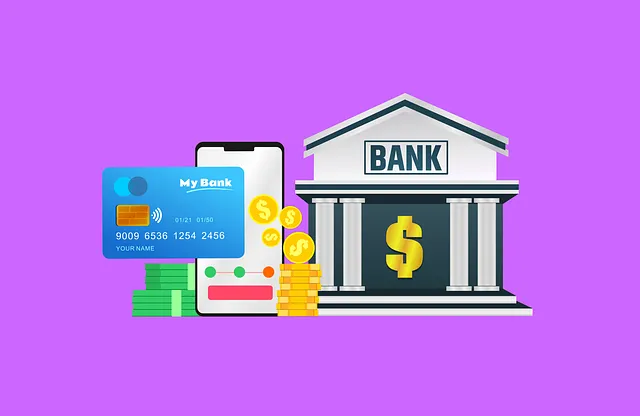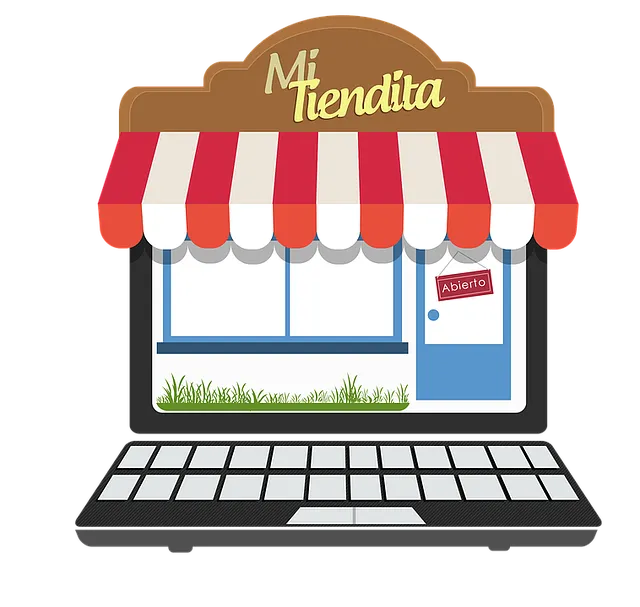In today's digital age, where medical data is widely shared online, anonymity is crucial for both research and reporting. The Anonymizing Search for Journalists Investigating Crime (ASJIC) equips journalists with tools to protect sources' identities while extracting insights from data, fostering a secure environment for sharing critical information. Private Internet Access (PIA), an encryption tool, safeguards medical professionals' privacy when sharing sensitive data, enabling journalists to conduct anonymous searches and protect sources in investigations. By encrypting traffic and providing secure file-sharing, PIA enhances global data privacy and security for medical professionals and journalists alike.
In today’s digital age, medical professionals face unprecedented challenges in balancing data privacy with global collaboration. Private Internet Access (PIA) emerges as a powerful tool, enabling secure and anonymous online activity, crucial for researchers and healthcare providers sharing sensitive information. This article explores the significance of PIA in safeguarding patient confidentiality, particularly when conducting global research and reporting. We discuss best practices for implementing PIA, highlight its role in preventing data breaches, and present case studies showcasing how anonymized searches empower journalists to investigate criminal activities related to healthcare.
- Understanding the Importance of Anonymity in Medical Research and Reporting
- The Role of Private Internet Access (PIA) in Safeguarding Privacy
- Implementing PIA for Global Medical Professionals: Best Practices and Tools
- Case Studies: How Anonymized Searches Help Journalists Uncover Criminal Activities
Understanding the Importance of Anonymity in Medical Research and Reporting

In the digital age, where vast amounts of sensitive data are exchanged and stored online, anonymity has become a cornerstone in medical research and reporting. As journalists delve into investigating criminal activities impacting healthcare systems, understanding and implementing robust anonymization techniques is paramount. The Anonymizing Search for Journalists Investigating Crime (ASJIC) plays a crucial role here by providing tools and guidelines to protect the identities of sources and participants while ensuring valuable insights can still be gleaned from data.
Maintaining anonymity safeguards against potential harm to individuals, institutions, or entire communities. It fosters an environment where medical professionals and informants feel secure sharing critical information without fear of retribution or exposure. This, in turn, enhances transparency and enables more comprehensive analysis of complex healthcare issues, ultimately leading to better-informed decisions and improved patient outcomes.
The Role of Private Internet Access (PIA) in Safeguarding Privacy

Private Internet Access (PIA) plays a pivotal role in safeguarding the privacy and anonymity of medical professionals worldwide, especially when it comes to sensitive information sharing and investigative journalism. In today’s digital age, where data breaches are increasingly common, PIA offers a crucial layer of protection. By encrypting internet traffic, PIA ensures that communications between healthcare providers and their patients remain confidential. This is particularly important for journalists investigating medical misconduct or public health issues, as it allows them to anonymize search queries and protect the identities of sources.
For instance, when journalists look into potential cases of unethical practices in medical research or report on global health crises, using PIA enables them to conduct their inquiries discreetly. This anonymity is essential to foster trust between sources and reporters, ensuring that vital information comes to light without compromising personal data or professional reputations. With PIA, the digital footprint of these investigations remains secure, enabling journalists to delve into sensitive matters without fear of exposure.
Implementing PIA for Global Medical Professionals: Best Practices and Tools

Implementing Private Internet Access (PIA) for global medical professionals is a strategic step to ensure data privacy and security, especially when handling sensitive patient information. Medical professionals often face unique challenges in maintaining confidentiality while working remotely or accessing resources from various countries. PIA offers a robust solution by encrypting internet traffic, allowing doctors and researchers to browse securely without leaving digital footprints.
Best practices include providing clear guidelines on PIA usage for all staff, ensuring easy access to the service, and offering training sessions to familiarize users with its features. Tools like browser extensions and mobile apps make it convenient for professionals to connect, especially while traveling or in remote locations. Additionally, implementing PIA can facilitate secure file sharing and collaboration, enhancing communication among global medical teams. For journalists investigating criminal activities related to healthcare, anonymizing search results using PIA is a valuable technique to protect sources and maintain the integrity of their investigations.
Case Studies: How Anonymized Searches Help Journalists Uncover Criminal Activities

In the realm of investigative journalism, uncovering hidden truths often involves delving into sensitive and criminal activities. Anonymized searches play a pivotal role in this process, ensuring journalists can access critical information while maintaining the privacy of sources. By employing tools that anonymize their online inquiries, reporters can navigate complex web landscapes without revealing their identities. This technique is particularly invaluable when investigating organized crime, where informants may be reluctant to come forward due to fear of retaliation.
Case studies demonstrate how this method has empowered journalists worldwide. In one instance, a team of investigators used anonymized searches to trace illicit arms transactions by disguised their queries within vast databases. This subtle approach allowed them to gather evidence without alerting suspected criminals, ultimately leading to successful prosecutions. Similarly, journalists have utilized anonymizing search techniques to expose corruption in government and corporate sectors, ensuring the integrity of their investigations and fostering transparency.
Private Internet Access (PIA) plays a pivotal role in ensuring the anonymity and privacy of medical professionals and researchers worldwide, especially when conducting sensitive investigations. By implementing robust PIA solutions, healthcare workers can securely navigate the internet without leaving traceable digital footprints. This enables them to share data and collaborate globally while safeguarding patient confidentiality. For journalists investigating criminal activities related to healthcare, anonymizing search tools are game-changers, allowing them to uncover critical information without compromising their own identities or sources. With the right PIA tools and best practices, medical professionals and reporters can continue their vital work with enhanced protection and peace of mind.
